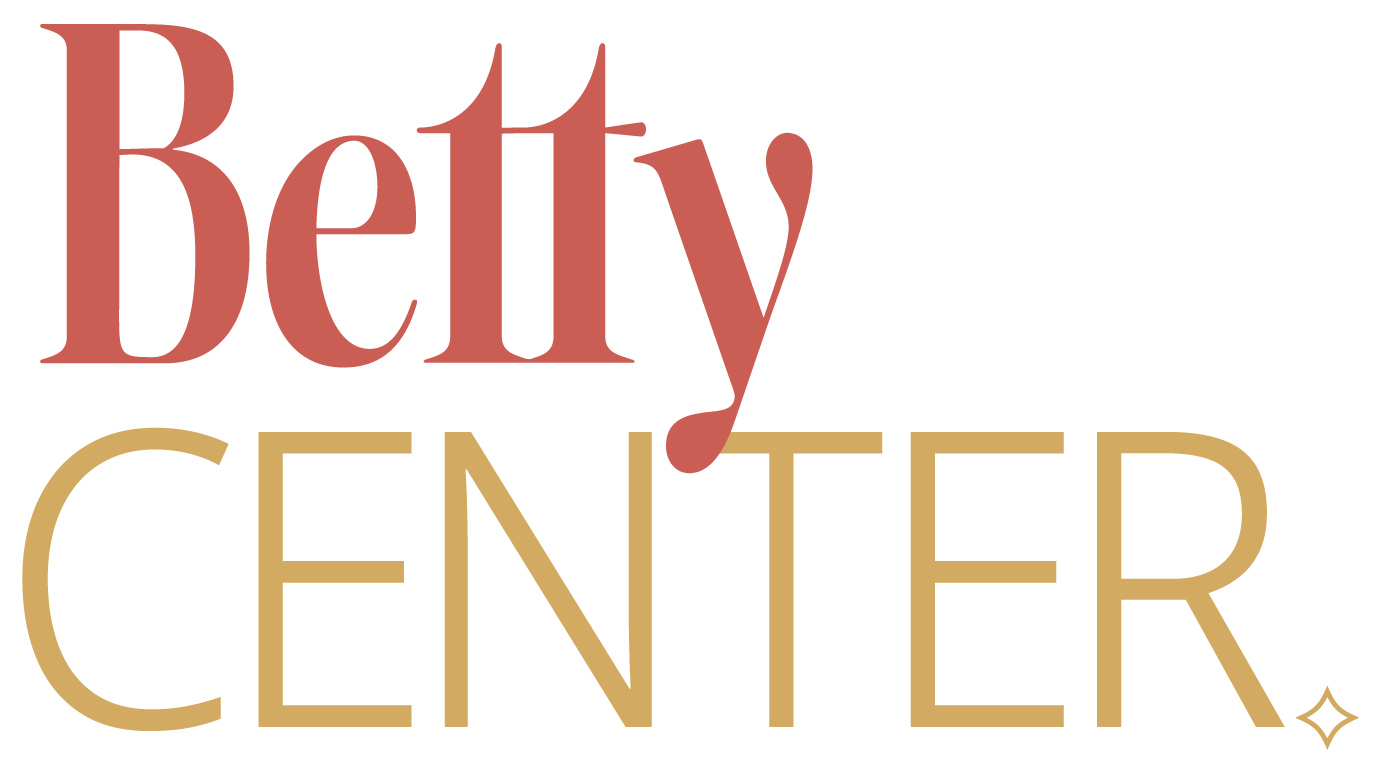Raising Awareness – Invisible Disabilities
In finding my voice for this blog, I’m going to start with a disclaimer: I am one of the approximately 33 million Americans who have an invisible disability. I had to check that fact – and the related math – several times to digest that. “Holy cow, that is a much bigger number than I thought!” After my initial surprise, I had to laugh because, of course, a big part of this is that these are disabilities not seen by the naked eye. Other ways to identify include “hidden disability” or “non-visible disability”, and this is pretty personal to however a person may want (or not want) to share this aspect of themselves.
A basic definition for Invisible Disability is a mental, physical, or neurological disability that is not immediately evident to others. The list of what can be included is expansive, so rather than share a top ten, I encourage taking a peek at the websites listed at the end of this blog.
These will give you facts and percentages, so that I can simply share some anecdotes, loving suggestions, and a basic glimpse into what has been supportive in my experience.
When I accept an invitation – a concert, a party, a work-related function, going out for pizza with a friend or two – I need people to understand that any RSVP of “yes” depends on how I feel on that particular day, at that particular moment. “Yes, I’ll be there! Plus one” is not going to happen if I am feeling winded in the process of showering or dressing, my treatment routine for the day goes from taking 20 minutes to 3 hours, or my pancreas is very loudly reminding me that mine is not a robust, enzyme-producing powerhouse. My dearest friends know this caveat of socializing with me, and the freedom for me to have to cancel without guilt, blame, or being doubted is something for which I am enormously grateful.
“Come on! You can’t possibly be that tired – let’s go!” Actually, yes, I can possibly be that tired. And I am. A lot. This is followed by the more well-meaning “But you look great/fine/healthy!” I get why this would seem like a positive thing to say, and maybe for some people it feels that way. It can also feel like the validity of your well-being is being questioned. Again, speaking for myself, this usually brings a mix of a polite smile and a shift to another subject matter.
A colleague of mine from years ago shared her experience of parking in a handicapped parking space, and being chastised by a seemingly able-bodied person because she “was just fine” and “shouldn’t be taking that spot.” She had the appropriate parking tag and license plate, and she was having a relatively mild-symptom day with her autoimmune condition and didn’t require her cane for that specific task. With grace and calm, she asked him how did he want her to look? What visual did he want so that he might feel more comfortable with her parking in that spot?
And now, I give you the brilliance of the Spoon Theory. The origin story can be found here – and I STRONGLY encourage you to read it. In the here and now, I will summarize.
Grab yourself some spoons, let’s say 10. If you want more, I hear you and that does stink, however, you have your allotted 10 and no more. Spoons equal your energy or bandwidth for the day. So, this could be broken down into tasks – will my physical pain and/or fatigue allow for fixing breakfast, showering, going into the office, feeding my pets, etc. – or you could assess the number of spoons as your day progresses. Or you could realize you need at least 6 spoons to do your afternoon shift at work, so everything else for the day will get a total of 4 spoons. Can you just borrow spoons from tomorrow? You could, but how will tomorrow be with only 8 spoons? This can also apply to emotional bandwidth, mental bandwidth – you get the picture.
So is the point of this blog to be a pity party or a guilt trip? Of course not! As with any Fill-in-the-Blank Awareness Week or Month, it is about education, communication, and creating empathy in an area in which you may not have been “in the know.” No harm, no foul. I, myself, am packing up my medicines, probiotics, enzymes, masks, and spoons and taking a much-needed vacation. And yes, naps will be on the agenda.
Victoria Ringo, LCSW-C, is a partner and therapist with Betty Center, LLC. She has a soft spot for anyone with anxiety and sees clients of all ages and in all life chapters. Victoria has been a loud advocate for invisible disability awareness even prior to learning she was part of the club. Some recommended websites for more education and resources include:
